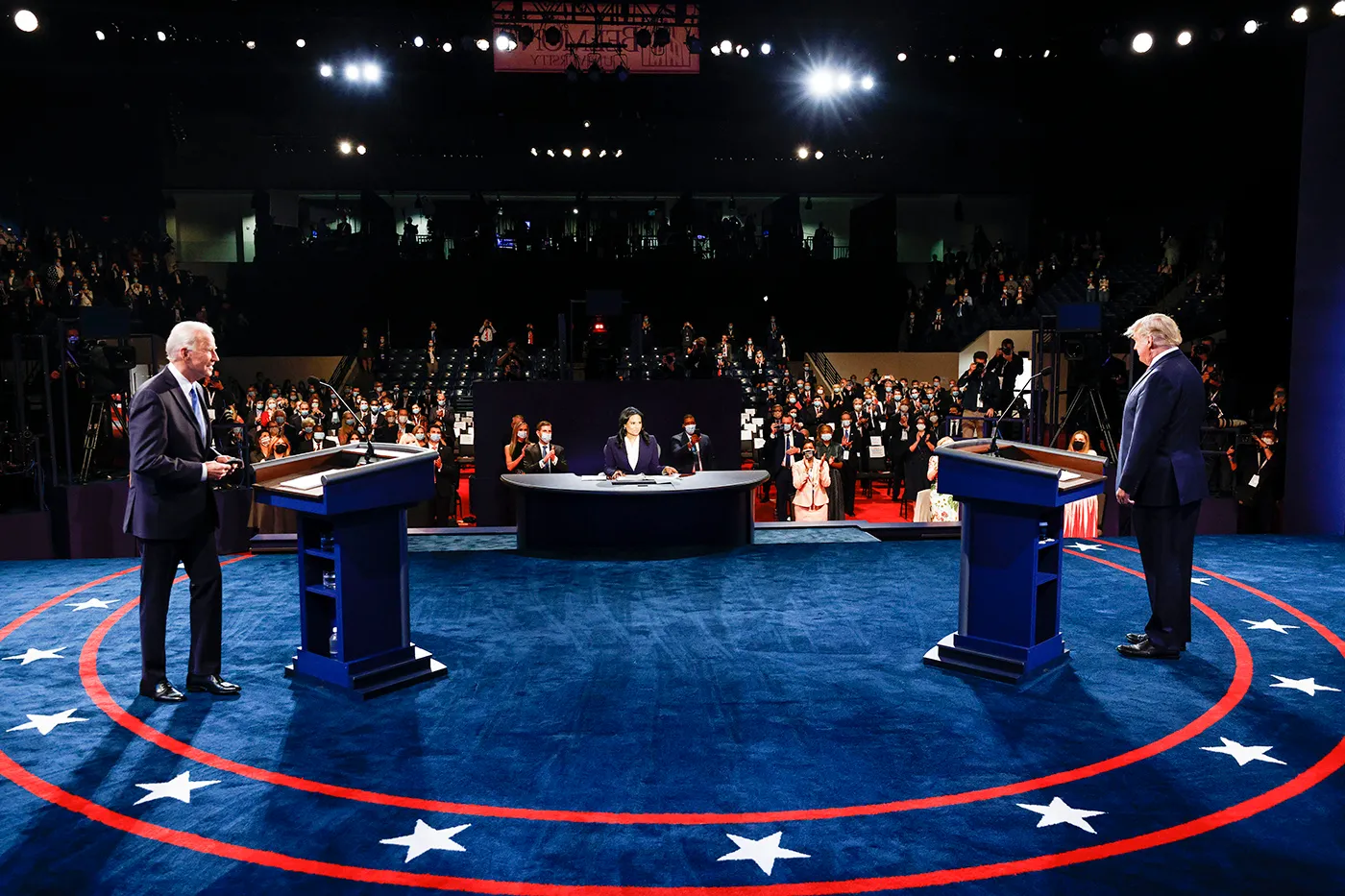Florida Representative Byron Donalds sparked heated debate with his recent comments regarding the Jim Crow era, stating, “The Black family was together.” These remarks, made during an outreach event for Black voters, have drawn significant criticism and scrutiny.
Donald’s Assertion on Jim Crow Era and Black Families
During the campaign event, Donalds suggested that Black families were more cohesive during the Jim Crow era and implied a higher degree of conservatism among Black voters at that time. He clarified that his remarks were not meant to imply that Jim Crow was favorable for Black people overall.
Response to Criticism and Allegations of Inaccuracy
Donalds defended his stance on MSNBC’s “The ReidOut,” refuting claims of inaccuracy and gaslighting. He emphasized that his comments were solely about Black families and not an endorsement of the discriminatory Jim Crow laws.
Reaction from Political Figures
The Congressional Black Caucus and House Minority Leader Hakeem Jeffries condemned Donald’s remarks, calling them “outlandish” and “outrageous.” These comments have ignited further discussion on the intersection of race, history, and political discourse.
Biden-Harris Campaign’s Response
The Biden-Harris campaign weighed in on Donalds’ comments, linking them to the broader narrative of President Trump’s approach to Black communities. They criticized the Trump campaign’s tactics, suggesting a disconnect between their outreach efforts and the realities faced by Black Americans.

Contextualizing Donald’s Remarks
While Donald’s comments may have been intended to highlight the importance of family cohesion, they have been interpreted within the broader context of racial inequality and historical trauma. Understanding the complexities of this discussion requires a nuanced examination of history and contemporary politics.
Debating the Legacy of Jim Crow
The debate sparked by Donald’s remarks reflects ongoing conversations about the legacy of Jim Crow and its impact on Black communities. While some may argue for a focus on family values, others emphasize the systemic oppression and violence that characterized the Jim Crow era.
Moving Forward: Addressing Historical Injustice
In light of this controversy, there is an opportunity to engage in meaningful dialogue about racial justice and reconciliation. Acknowledging the harm caused by Jim Crow and working towards a more equitable future are crucial steps in addressing the deep-seated inequalities that persist in society today.
Conclusion: Navigating Complex Conversations
The controversy surrounding Byron Donalds’ comments underscores the complexities of discussing race, history, and politics.
As we continue to grapple with these issues, it is essential to approach these discussions with empathy, understanding, and a commitment to confronting injustice. By doing so, we can strive towards a more inclusive and equitable society for all.
Read more news:
